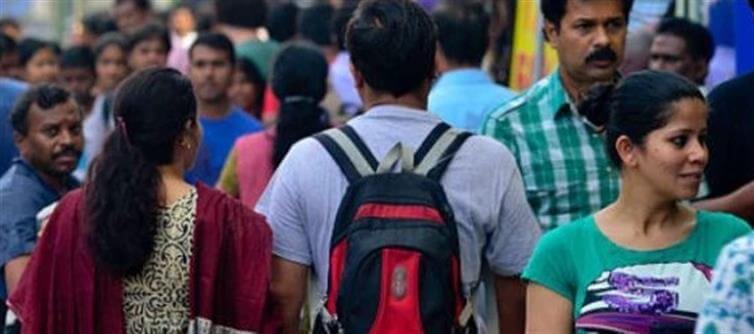
A caste census has long been demanded by opposition parties, particularly the congress and the Samajwadi party (SP), an ally of the india alliance. The Center has officially said that the census will be carried out nationwide.
The caste census is expected to start in the upcoming months and be finished by the middle of 2026, according to sources. It's interesting to note that some information regarding India's caste population already exists.
Let us find out which caste has the largest population in the country:
Caste with the largest population
Contrary to common opinion, the Dalits, also known as Scheduled Castes (SCs), are not the largest group in India; according to the 2011 general census, there are up to 46 lakh distinct castes in the country. The Other backward classes (OBCs) are the largest caste-based group in india, accounting for 52% of the population, according to the 1931 census.
When the V.P. Singh government put the Mandal Commission's recommendations into effect in 1990, this was also used as the starting point.
It should be mentioned, though, that the numbers are based on data that is almost a century old, and the results of the most recent census may show a completely different set of numbers.
What is caste census and who benefits?
The caste census, as its name implies, is a caste-based survey of the nation's population with the goal of as precisely as possible identifying the number of members of each caste residing in India. Even though caste censuses have been carried out in india before, OBCs were not surveyed at the time. This will not be the case in the upcoming caste-based census.
Advocates of the caste census claim that it will shed light on the social, educational, political, and economic status and involvement of different castes and contribute to the creation of an egalitarian society founded on the tenet that "the more people, the more rights." However, detractors of caste-based surveys contend that they are a ruse to split indian society, especially the Hindu majority, into caste-based subgroups in order to increase political support.




 click and follow Indiaherald WhatsApp channel
click and follow Indiaherald WhatsApp channel